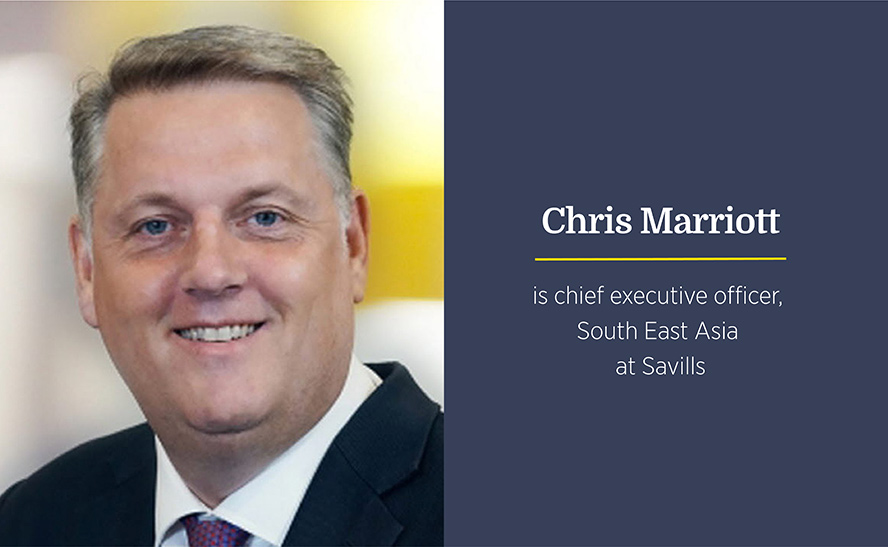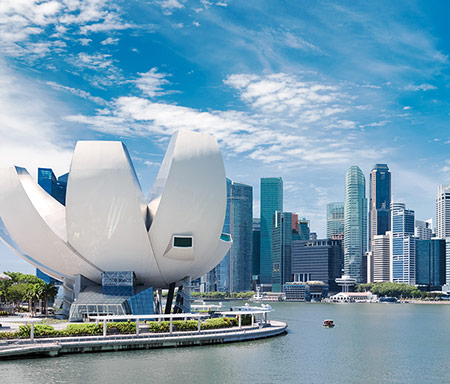
Singapore is creating the infrastructure for digital HQs
Singapore is developing as a centre for digital headquarters, complementing its strong position as one of the key centres for corporate headquarters in the Asia Pacific region.
As we enter the post-pandemic world and organisations adopt new ways of working in or out of the office, a digital backbone is an essential. Whether this is video calls, signing legally binding documents online or coordinating complex projects with vast arrays of job and document management, the need for a robust platform to manage this is crucial.
High-speed internet, secure and stable data centres, as well as legal and financial frameworks which are digitally enabled are also essential. Furthermore, for an organisation to operate efficiently across borders, the headquarters will need the ability to build and operate its local and cross-border affairs in a virtual environment.
Singapore offers data security, which is important for all companies, but especially those in sectors such as FinTech, MedTech and other emerging tech driven industries. It has implemented a sovereign digital ID, which will help citizens take control of their personal identification data and transform access to public and private sector digital services, making them easier and more secure – less likely to be stolen and used by bad actors.
It is also ahead of the special purpose acquisition company (SPAC) game in Asia Pacific. Their listing was allowed in 2021 and the first, backed by sovereign investor Temasek, listed in January. This was the first SPAC listed on a major Asian exchange and could be the first of many.
Singapore is also a regional leader in tokenization (the creation and issuance of asset or debt backed digital securities), something which could be very important for the real estate industry. The government has been proactive in setting up ‘sand boxes’ to test technologies and solutions, which encourages entrepreneurs.
ESG is now a core concern for landlords and their tenants who are seeking to make their buildings and the space they occupy healthier as well as having a lower environmental impact and a better community impact, all things which we know are important to corporates and their staff.
Singapore has already been successful in attracting major new economy companies. There is a huge clustering benefit for tech firms, so we are seeing new start-ups emerge to serve these tech giants and other companies will want to locate where their peers are.
They city’s tech occupiers include Google, which has around 1.1m sq ft at Mapletree Business City, Facebook, with 350,000 sq ft at Marina One and 150,000 sq ft at South Beach Tower, Bytedance, with 220,000 sq ft at One Raffles Quay and 60,000 sq ft at Guoco Tower, LinkedIn , with 50,000sqft at Marina Bay Financial Centre Tower 2 and Twitter, which occupies close to 40,000 sq ft at CapitaGreen.
Singapore’s most significant challenge as a small island is labour: we need to be able to provide the skilled labour which these companies need. The government is working hard to upskill the local population but we need the right talent to build on our potential. To develop as an Asian hub, Singapore also needs more integration in the region, either through ASEAN or bilateral relations.
Despite these challenges, Singapore has put itself in a great position. If you are seeking a headquarters for a business which needs to be highly integrated with technology, in a pro-technology market which enables you then to run a business throughout Asia Pacific, then Singapore is a great fit.
Further reading:
Savills Singapore
Contact Us:
Chris Marriott



